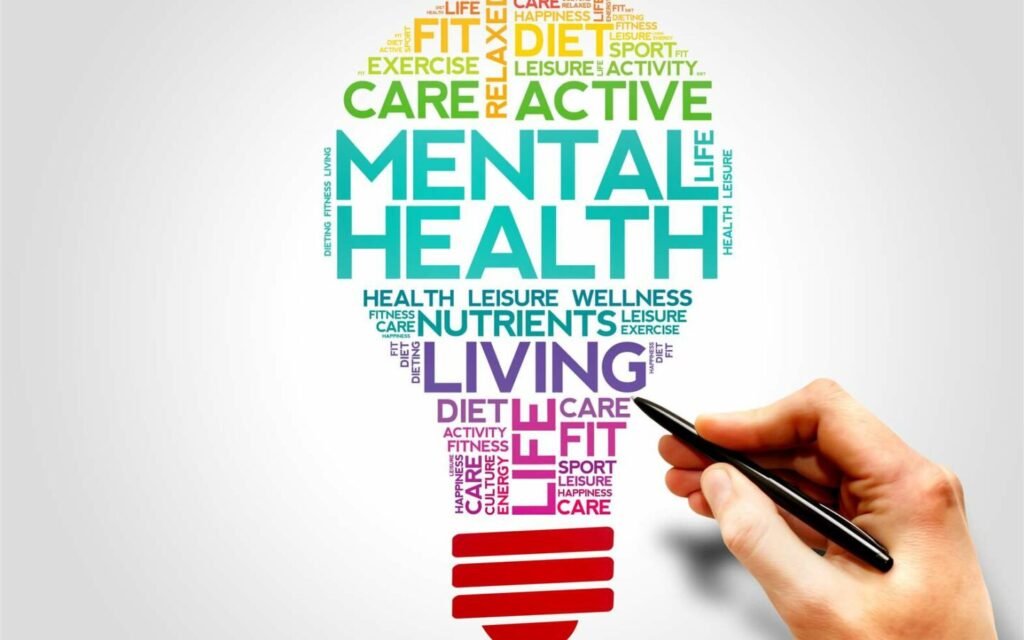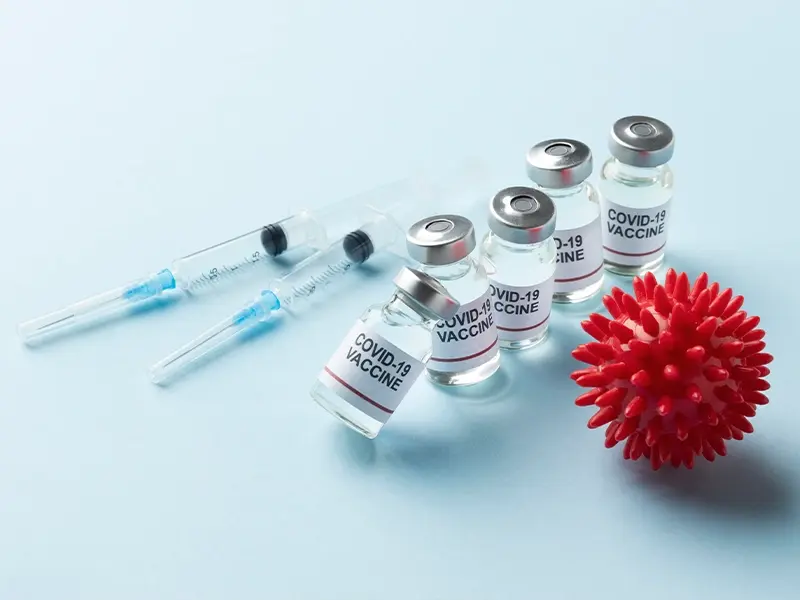
6 Expert-Approved Micronutrients to Help Combat Brain Fog
Here are 10 key points highlighting the main aspects of the article on brain fog:
-
Definition of Brain Fog: Brain fog refers to a clouded mental state where individuals struggle with concentration and memory, often a common experience in today’s hectic lifestyle.
-
Causes: Factors such as stress, inadequate sleep, and nutrient deficiencies are significant contributors to brain fog.
-
Diet’s Impact: The foods we consume can greatly influence brain function and alleviate brain fog.
-
Essential Micronutrients:
- Vitamin D: Helps reduce inflammation and supports overall brain health, easily sourced from sunlight and certain mushrooms.
- Omega-3 Fatty Acids: Found in walnuts, chia seeds, and flaxseeds, these are essential for maintaining sharp brain function.
-
Importance of B Vitamins:
- Vitamin B12: Crucial for nerve function; available in dairy products and fermented foods.
- Magnesium: Reduces oxidative stress and supports brain health; sources include pumpkin seeds and bananas.
-
Zinc and Iron’s Role:
- Zinc: Enhances signaling in the brain, improving focus; rich sources are spinach and broccoli.
- Iron: Carries oxygen to the brain, vital for cognitive function; found in seeds, beetroot, and pomegranate.
-
Foods to Avoid: Certain foods can negatively affect brain health, including high glycemic index items like cakes and pastries that lead to energy crashes.
-
High Sodium Risks: Excessive salt intake can impair cognitive abilities and cause memory issues due to brain inflammation.
-
Sugary Beverages: Soft drinks and energy drinks may cause blood sugar spikes and lead to difficulty in concentration.
- Limit Caffeine: While coffee can provide temporary energy, excessive consumption may induce anxiety and irritability, affecting brain health.
By focusing on beneficial nutrients and avoiding harmful foods, individuals can enhance their cognitive function and manage brain fog effectively.
Understanding Brain Fog and How to Combat It
Have you ever walked into a room and completely forgotten your purpose? Or found yourself staring blankly at a screen, unable to articulate a single thought? This frustrating sensation is commonly referred to as "brain fog." While it isn’t classified as a medical condition, it’s a prevalent issue in our fast-paced lives, affecting countless individuals. Factors such as stress, inadequate sleep, and nutrient deficiencies often contribute to this cloudy mental state. The good news? You have the power to enhance your cognitive function and reduce brain fog through dietary choices.
The Impact of Nutrition on Brain Health
Your diet can significantly influence how clearly you think and function mentally. Here’s a closer look at essential micronutrients that can help alleviate brain fog and improve cognitive abilities.
-
Vitamin D: This vital nutrient is known for its role in reducing inflammation and promoting overall brain health. While you can obtain vitamin D from supplements, natural sources like sun-dried mushrooms or sunlight exposure are excellent options.
-
Omega-3 Fatty Acids: Essential for maintaining the structural integrity of brain cells, omega-3 fatty acids help keep your mind sharp. Incorporating foods like walnuts, chia seeds, and flaxseeds into your meals can boost your intake of these beneficial fats.
-
Vitamin B12: Crucial for nerve function, vitamin B12 helps in combating brain fog. You can enrich your diet with sources such as milk, dairy products, and fermented foods like idli and dosa.
-
Magnesium: This mineral plays a significant role in mitigating oxidative stress within the brain, essential for optimal cognitive function. To increase your magnesium levels, consider adding pumpkin seeds, almonds, and bananas to your diet.
-
Zinc: Known for its ability to improve neural signaling, zinc can make it easier to focus and enhance mental clarity. Spinach, broccoli, and chickpeas are excellent sources of this essential mineral.
- Iron: Vital for delivering oxygen to the brain, iron is necessary for effective brain function. Boost your iron levels with foods like liver, beetroot, and pomegranate.
Foods to Avoid for Optimal Brain Function
While incorporating brain-boosting foods is essential, it’s equally important to be mindful of what you consume. Certain foods can hinder cognitive performance and contribute to brain fog. Here’s a list of items to limit or avoid:
-
Sugary Treats and White Bread: Indulging in pastries or refined bread may be tempting, but these high-glycemic index foods can lead to blood sugar spikes and subsequent crashes, leaving you feeling lethargic.
-
Excess Salt: A diet high in salt can adversely affect cognitive abilities. Too much salt can cause inflammation in the brain, impairing memory and focus.
-
Soda and Sugary Drinks: While fizzy drinks are refreshing, they can rapidly elevate blood sugar levels, leading to energy crashes that impair concentration.
-
Excessive Coffee: Although coffee can provide a quick energy boost, overconsumption may result in anxiety and irritability. For some, even small amounts can trigger uncomfortable feelings.
- Energy Drinks: While marketed as a solution for fatigue, these beverages often contain excessive caffeine, which can lead to dehydration and negatively impact mood and energy levels.
Conclusion: Nourish Your Brain for Clarity
To keep your mind sharp and energized, prioritizing a balanced diet rich in brain-healthy foods is crucial. Incorporate essential vitamins and minerals while avoiding detrimental items that can cloud your thinking. By making informed choices about what you eat, you can combat brain fog effectively and enhance your cognitive performance. Taking charge of your nutrition is a proactive step towards a clearer, more focused mind!


